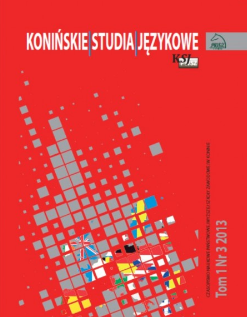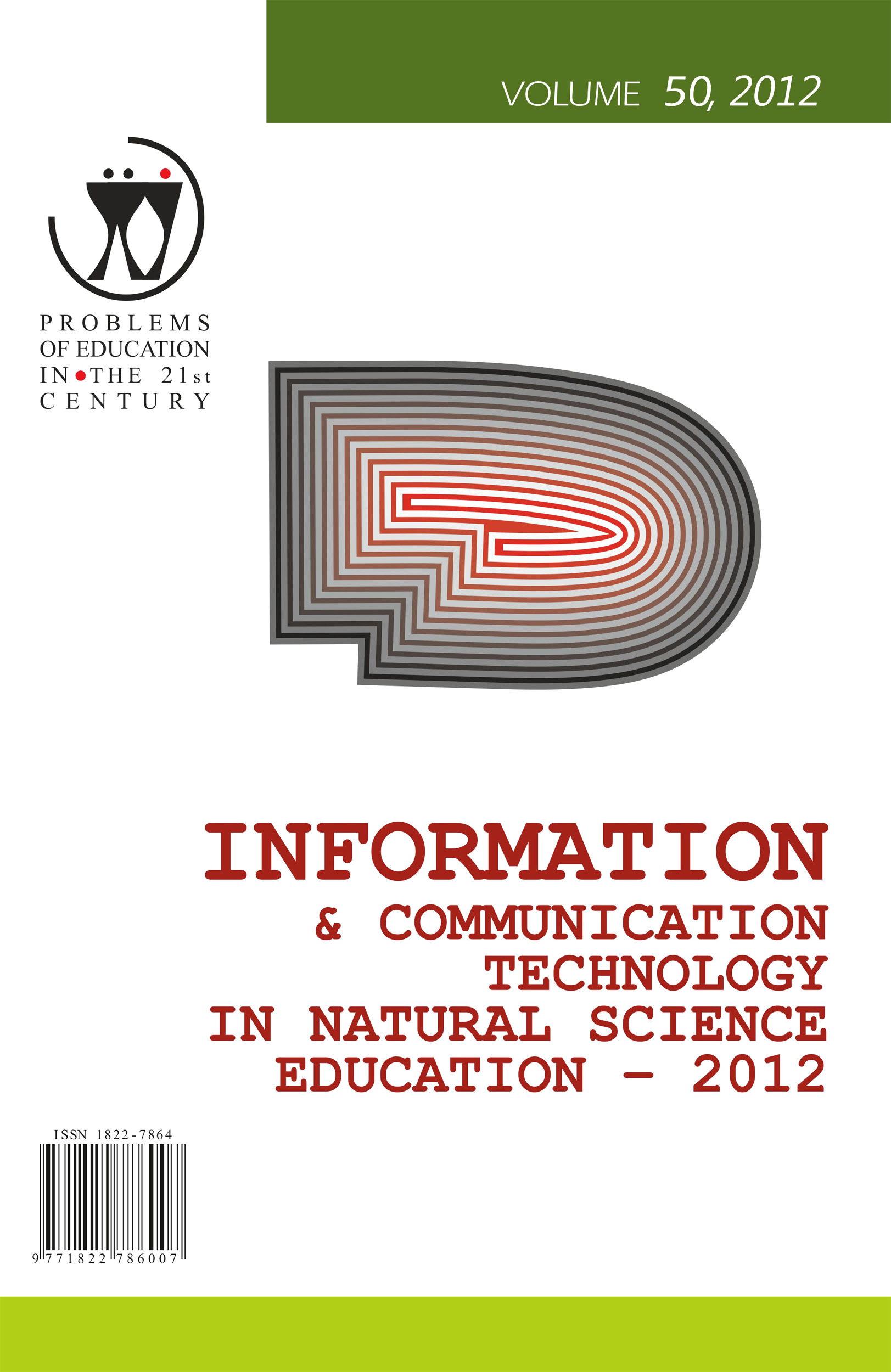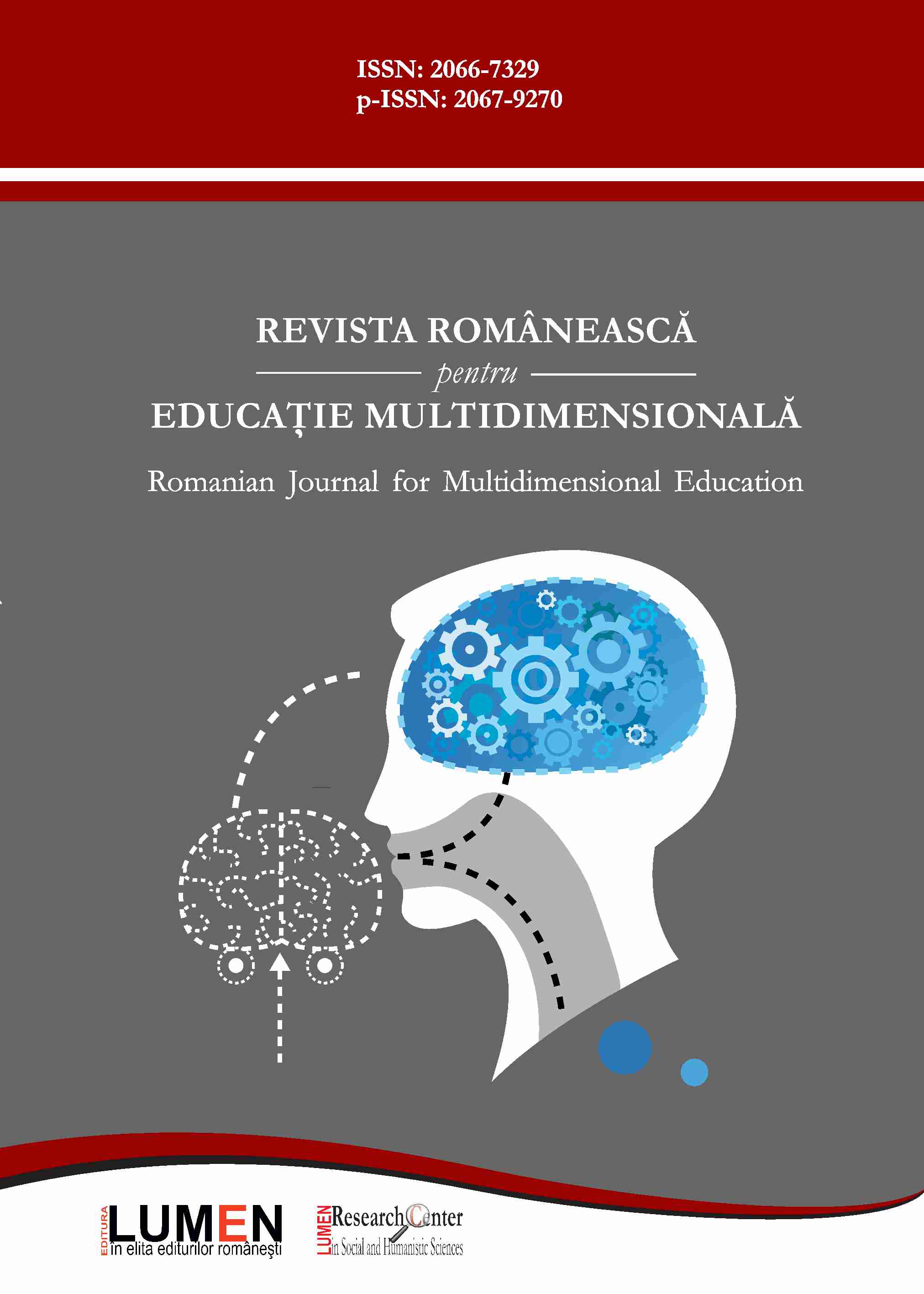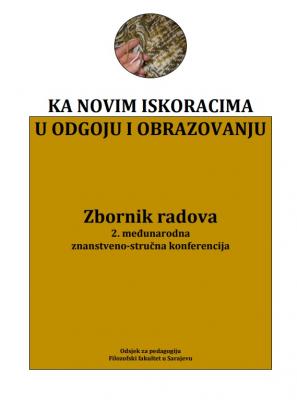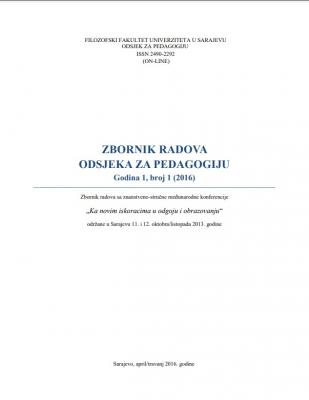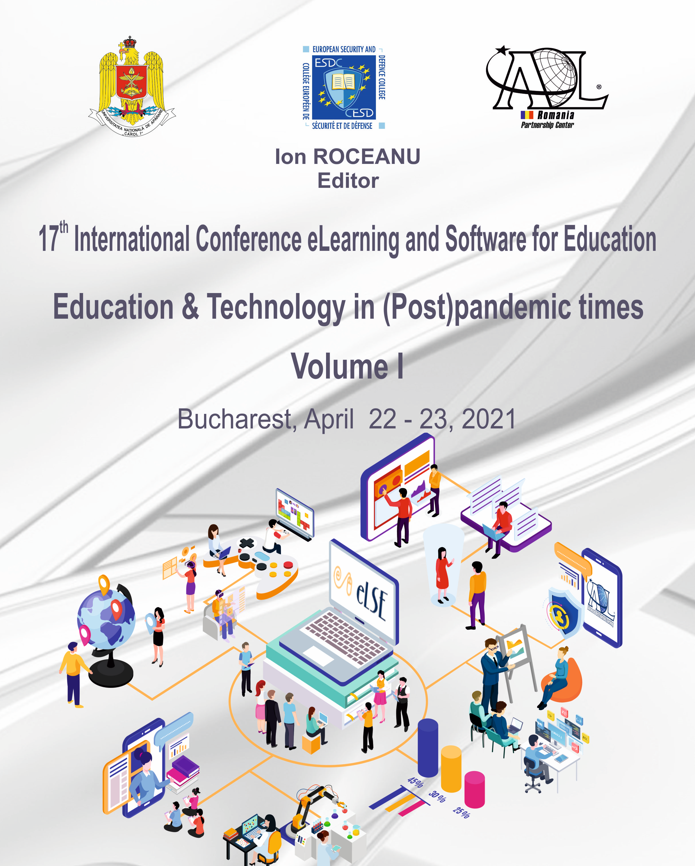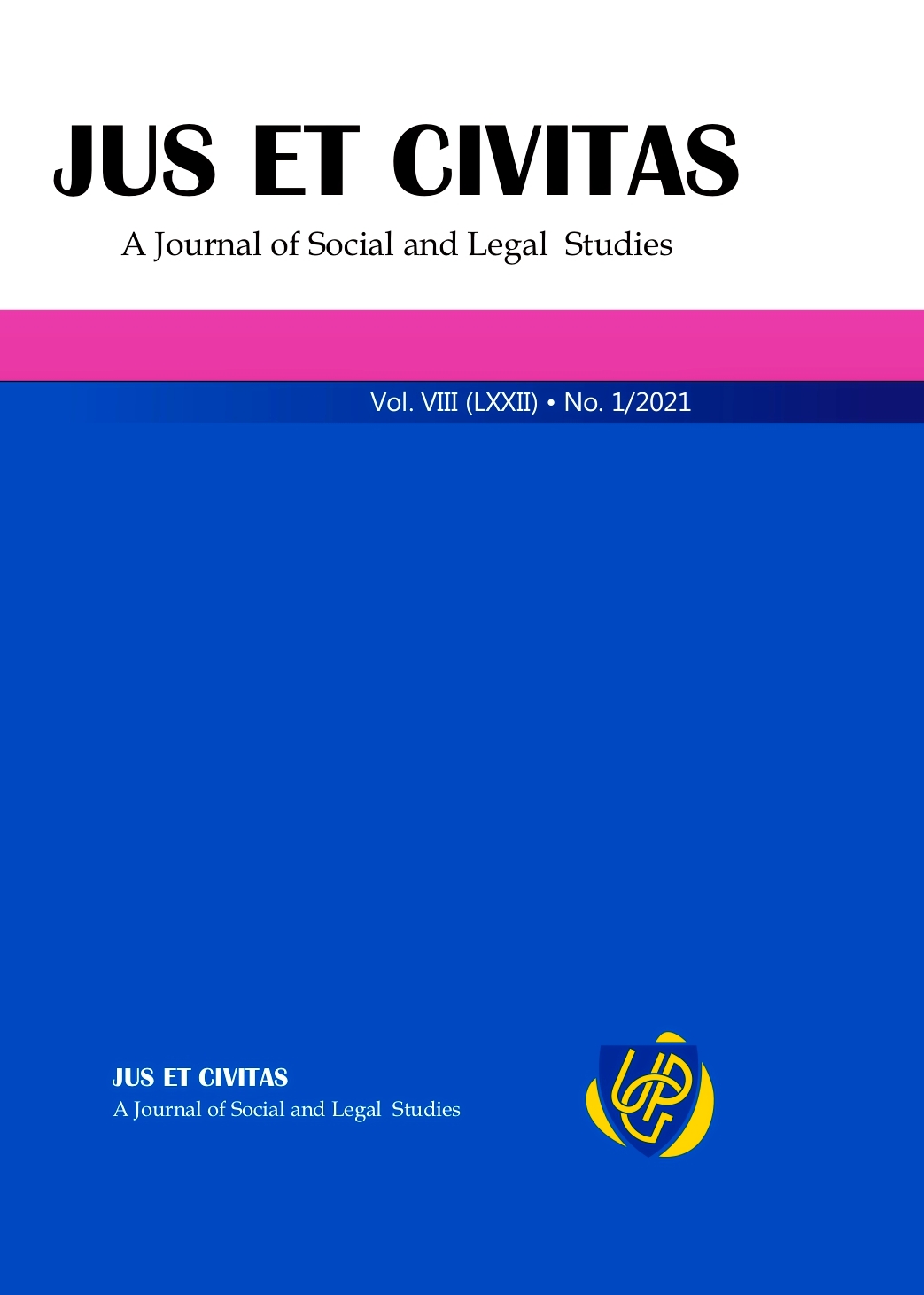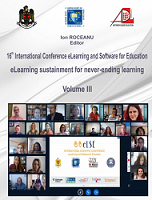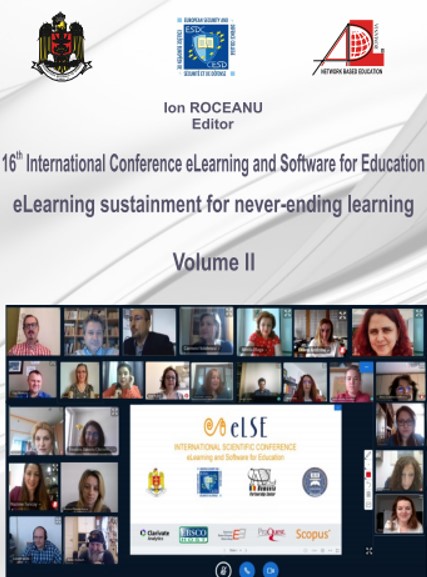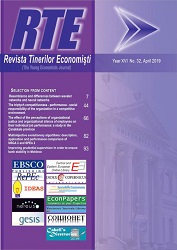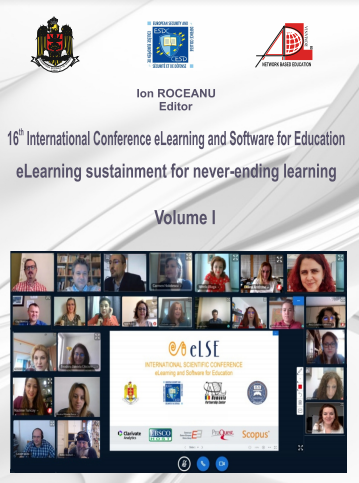
COMPUTER GAMES AND COGNITIVE DEVELOPMENT OF PRE-SCHOOL CHILDREN
The aim of the research was to examine the attitudes of educators towards the impact of computer games on the cognitive development of pre-school children. The research included 188 educators from pre-school institutions in the territory of Serbia. Educators' attitudes were analysed in relation to their level of education, place of work, age and years of service in order to identify tendencies that occur with changes in the structure of the research sample. The data obtained from the research were processed in the SPSS program, by using parametric statistics and the F test in the statistical analysis in order to determine the statistically significant differences in the attitudes of educators with respect to independent variables. A qualitative approach was used in the analysis of the survey results obtained through the use of questionnaire-scale, while the data were presented in tables and graphs. The research was carried out in two phases. The first phase of the research involved visiting the kindergartens to gain approval for the participation of the pre-school institution in the research and to deliver the instrument to RIUPU (Computer games at a pre-school age), which the educators subsequently completed. This phase was followed by the collection of instruments, as well as by the interpretation of the obtained data. The results of the research indicate that educators consider computer games to be a useful pedagogical tool that encourages the learning of pre-school children and reflects positively on logical reasoning, as well as on the enhancement of intellectual development and cognitive abilities. In regards to statistically significant differences in the respondents' attitudes compared to the independent variables, the results of the research show that educators with longer work experience evaluate more positively the impact of computer games on the cognitive development, as opposed to educators with shorter work experience. When the place of work variable was analysed, the research results show that educators in rural areas expressed a greater degree of agreement with the statement that the use of computer games in the context of kindergarten can contribute to the acquisition of declarative, procedural and strategic knowledge, compared to educators employed in suburban and urban areas.
More...
